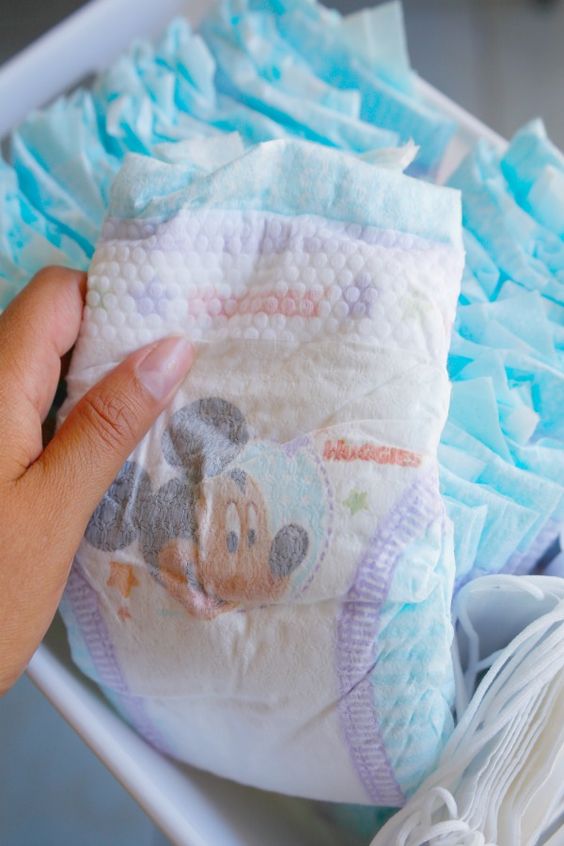Why Do Babies Need Diapers? The Necessity and Benefits Uncovered
Diapers are an essential item on every new parent’s checklist. They’re not just a practical tool; they’re a cornerstone of baby care. But why do babies need diapers, and what makes them so indispensable?
Understanding the Basics For Baby Need Diapers
Firstly, diapers serve a fundamental purpose – absorption. Infants have little to no control over their bladder and bowel movements. Diapers act as a barrier, capturing wetness and messes, thereby keeping your baby dry and comfortable. This is crucial for preventing diaper rash and promoting good hygiene.
The Role in Development
Moreover, diapers play a role in aiding developmental milestones. As babies grow, they go through stages where bodily functions are beyond their conscious control. During this time, diapers allow them to focus on other aspects of development, such as learning to crawl, walk, and talk without the distraction or discomfort caused by soiled clothing.
Sleep Comfort and Safety
Additionally, diapers contribute significantly to sleep quality. A well-fitted diaper ensures that your baby wakes up to a dry bed, allowing for uninterrupted sleep. Dryness reduces irritation and promotes healthy sleep patterns, which are vital for a baby’s overall growth and wellbeing. Furthermore, diapers can enhance safety by minimizing the risk of slips or falls from wet bedding.
Ease of Use and Parental Convenience
On top of that, diapers provide convenience for parents. They are designed for easy changing, making it simple to manage multiple changes throughout the day and night. This facilitates bonding moments between caregiver and child while also saving time and energy during busy schedules.
Travel and Outings
Notably, when venturing out, diapers are a must-have. Public restrooms aren’t always equipped for infant toileting needs. Diapers enable families to travel with peace of mind, ensuring that baby’s needs are met no matter where they go.
Transition to Potty Training
Lastly, diapers act as a stepping stone towards potty training. As children develop awareness of their bodily cues, transitioning to training pants or pull-ups helps build independence. Diapers initially teach the concept of wearing undergarments before moving onto more advanced potty training methods.
Advanced Hygiene and Health Benefits
Beyond basic absorption, diapers offer advanced hygiene benefits. Modern disposable diapers often come with built-in wetness indicators that change color when the diaper is soiled, alerting parents to make a timely change. This helps in preventing bacterial growth which can lead to infections or rashes. Furthermore, some diapers are designed with breathable materials to reduce heat buildup and minimize the risk of skin irritation.
Eco-Friendly Alternatives
Recognizing the environmental impact, there’s a growing market for eco-friendly diaper options. Cloth diapers and biodegradable disposables have become popular choices among environmentally conscious parents. These alternatives not only fulfill the same functions as traditional diapers but also contribute to sustainability efforts by reducing waste and chemical pollution.
Financial Considerations
While the cost of diapering can be significant over time, it’s an investment in your baby’s comfort and health. Some argue that reusable options like cloth diapers may save money in the long run. However, disposable diapers provide unparalleled convenience, especially for busy parents who value time-saving measures. Regardless of the chosen option, many retailers offer subscription services and bulk purchases to help manage costs, making diapering more affordable and manageable.
Community Support and Normalization
Diapers also play a role in community support and societal norms. New parents often find solace and advice in parenting groups where discussions around diapering routines and preferences are common. Moreover, diaper banks and charitable organizations provide essential assistance to families facing financial hardships, ensuring that every baby has access to clean and dry diapers, promoting equal opportunities for all infants.
Conclusion
In conclusion, exploring deeper into the world of diapers reveals their multifaceted importance. They’re not just a tool for managing messes; they protect babies’ health, support developmental milestones, accommodate modern lifestyles, and even contribute to global sustainability efforts. As we consider why babies need diapers, it becomes evident that they serve as a cornerstone of infant care, bridging practical needs with emotional well-being and societal support.





